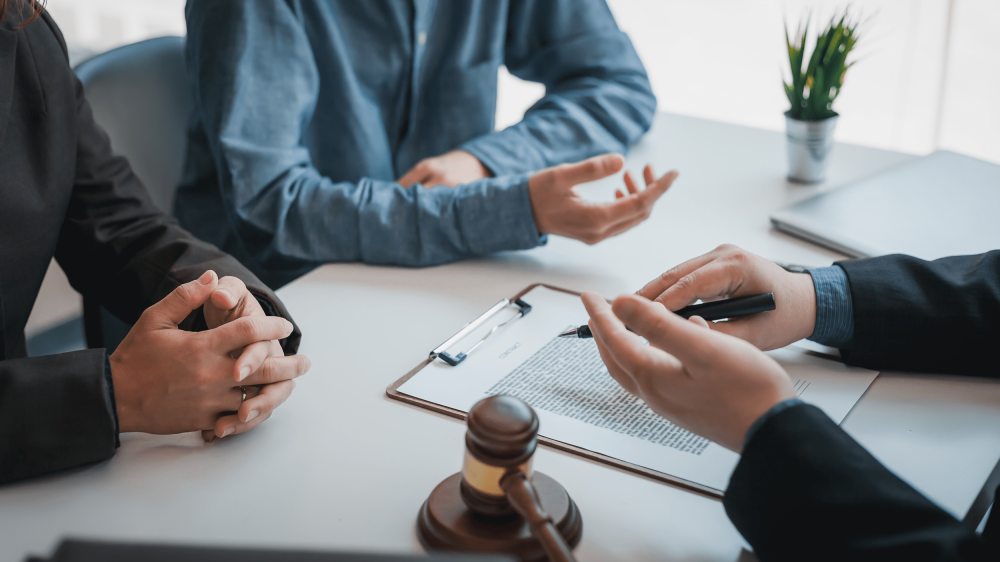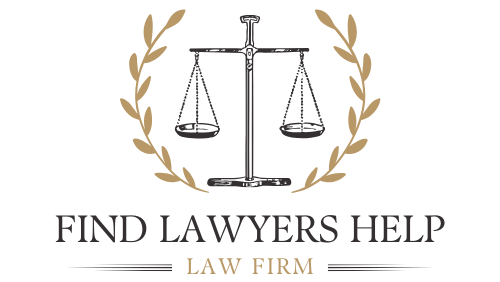
Personal Injury Lawsuits – What You Can Expect
Understanding Personal Injury Claims: A Comprehensive Guide
Experiencing an unexpected injury can be a frightening and distressing event. The legal process surrounding personal injury claims is often complex and challenging to navigate. Whether it’s a hotel accident, motorcycle accident, or another type of personal injury, victims may feel overwhelmed by the financial burden, recovery process, and responsibilities to loved ones. The last thing you want to worry about is the complicated litigation and negotiation required to obtain the financial compensation you deserve. Fortunately, a personal injury lawyer can handle these challenges for you. Understanding the legal process of your case can provide peace of mind during this difficult time.
Examination of Medical Records
When pursuing a personal injury claim, your lawyer will first conduct a thorough investigation and review your medical records. This initial phase is crucial for understanding the details of your case. Depending on the complexity of your situation and how quickly the records are received, this process may take anywhere from a few weeks to several months.
Maximum Medical Improvement
If you decide to file a lawsuit, you might be eager to reach court quickly. However, it’s important to remain patient. Your attorney may advise against filing until you have reached maximum medical improvement. This approach ensures that your lawyer considers your full recovery potential and the extent of discomfort you may experience during the healing process.
Filing a Lawsuit
If a settlement cannot be reached, your attorney will formally file a complaint with the court. This document outlines your allegations and details the injuries you sustained. It will address elements of negligence and any relevant damages. After filing, the court typically requires at least one month to locate and serve the defendant.
Mediation for Settlement
You have the option to pursue mediation instead of going to trial. Mediation aims to help both parties reach a fair compromise without litigation. You are not obligated to accept any proposed settlement if it does not meet your expectations; however, if you do agree, you will avoid going to trial.
The Trial Process
If mediation does not yield satisfactory results, the case will proceed to trial. The trial process involves presenting evidence, opening statements, witness examinations, and rebuttals before a jury reaches a verdict. If you win at trial, the defendant may choose to settle immediately; however, they also have the right to appeal the decision.If an appeal occurs and a higher court upholds your victory, the defendant is required to pay. Your attorney will receive the compensation and use part of it to cover any expenses or liens incurred during the case.
Do Personal Injury Claims Always Lead to Lawsuits?
Not necessarily. Many personal injury claims can be settled out of court without needing litigation. Often, negotiations with insurance companies lead to mutual settlements. However, if an agreement cannot be reached, filing a lawsuit may become necessary.
Tips for Filing a Personal Injury Lawsuit
Filing a personal injury lawsuit can be challenging and time-consuming. Here are some key tips to help ensure you achieve the best outcome for your claim:
- Seek Medical Attention First:
Prioritize getting examined by a healthcare professional immediately after your injury. Keep thorough records of all medical bills, reports, and treatment documents. A proper diagnosis is essential for proving your injuries and demonstrating their severity. - Consult an Experienced Personal Injury Lawyer:
Navigating a personal injury lawsuit without legal guidance can lead to minimal or no compensation. After receiving medical treatment, consult with a qualified lawyer who specializes in personal injury cases. - Collect Evidence:
Evidence is fundamental in supporting your claim for compensation. This includes medical records, witness statements, photographs from the accident scene, and police reports. Work closely with your lawyer to gather all necessary documentation; they can assist in strengthening your case. - Know When to Accept a Settlement:
Insurance companies often prefer settling claims rather than going to court. Understand when it’s appropriate to accept an offer; if it seems fair based on your injuries and losses, don’t let greed cloud your judgment. Review any settlement offers carefully with your lawyer before making decisions. - Avoid Actions That Could Harm Your Case:
During litigation, refrain from activities that could jeopardize your claim’s outcome—such as discussing details on social media or providing excessive information to insurance representatives without legal counsel.
Your lawyer will guide you on what actions to take or avoid throughout this process—ensure that you follow their advice closely.
Conclusion: Navigating Personal Injury Claims with Confidence
In summary, understanding personal injury claims can alleviate some stress associated with unexpected injuries. By working with an experienced personal injury lawyer who understands the legal landscape, you can navigate this complex process more effectively while focusing on recovery.From examining medical records and determining maximum medical improvement to negotiating settlements or preparing for trial, having skilled legal representation is vital in securing fair compensation for your injuries and losses. If you’ve been injured due to someone else’s negligence, reach out today for professional guidance on how best to proceed with your claim!
